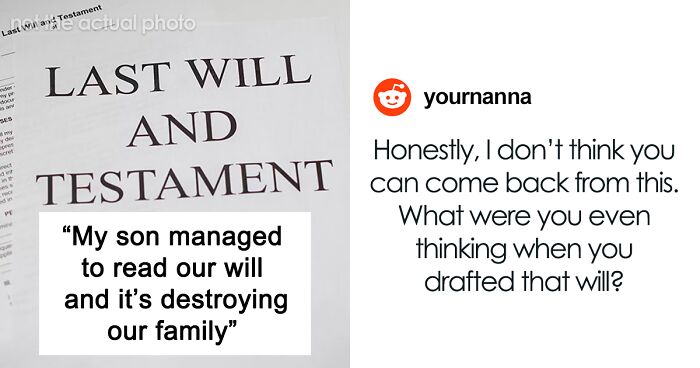
“The Damage Is Done”: Guy Loses It After Finding Father’s Will, Refuses To Hear Him Out And Labels Him Racist Instead
If you’ve read ‘King Lear’ or seen Succession on TV, you know well that nothing breaks a family better than a father’s will.
As u/Crenetic explains in his tragic story, the commotion started after his eldest son from the previous marriage stumbled into an early draft of his will. Not happy with what he’d seen, compared to his brothers’ inheritance, the boy raised all hell, blaming the father for favoritism, even racism, before he had a chance to explain himself. “I’m not sure how to salvage this,” the OP writes, turning to the ‘Relationship Advice’ community for help.
Few things can fracture a family quite like choosing one child over the other
Image credits: Melinda Gimpel (not the actual photo)
Upon the eldest son’s discovery of the father’s will, a dramatic confrontation of Shakespearean proportions followed
Image credits: Nik Shuliahin (not the actual photo)
Image credits: Wavebreakmedia (not the actual photo)
Image credits: Crenetic
Image credits: Dylan Gillis (not the actual photo)
Equally divvying up inheritance can be a daunting challenge to many
‘Should each child get an equal piece of inheritance?’ is an ageless conundrum that has perplexed many and inspired timeless pieces of entertainment. No wonder, then, why many older parents opt for the simplicity of dividing their will equally among their adult children. One glance at today’s story and it’s evident how complicated the whole matter is.
However, this approach may not always be fair. Increasingly, as people revise their estate plans due to the pandemic, they are grappling with the question of whether equal inheritances are truly equitable. Unequal distributions can often lead to conflicts between siblings following the death of a parent. In fact, some disputes even escalate to the point of legal battles: according to IBB Law’s survey, 1-in-4 who disputed their inheritance claimed it was because the deceased was persuaded or manipulated. Also, unsurprisingly, people are more likely to experience a dispute in relation to their father’s will than any other relation.
On the other hand, it was revealed that approximately two-thirds of Americans aged 55 and older believe that a child who provided them with care should receive a larger inheritance compared to children who did not provide such care. But, turns out, siblings do not always agree on what experts call “caregiver equity.”
Image credits: Timur Weber (not the actual photo)
Promoting fairness in inheritance can be approached in various ways, yet it hinges on one’s interpretation and comprehension of equality
The issue brings to mind Ronald Dworkin’s essay ‘What Is Equality?‘ published in 1981, where the philosopher examined the dilemma faced by parents in situations like these. He highlighted the inherent conflict between two valid principles of equality. On one hand, there is the concept of “equality of resources,” which suggests that dividing the inheritance equally among children would promote fairness. However, this approach overlooks significant individual differences among the children.
On the other hand, there is the idea of “equality of welfare,” which attempts to account for those differences through complex calculations. Yet, pursuing this path runs the risk of both uneven and inaccurate distribution of the inheritance. Ultimately, parents are faced with the challenging task of choosing between these two goals, each with its own drawbacks and implications for their children. Is there a way, then, to divvy up the estate without pitting your adult children against one another?
In order to learn more about the alienation that cases of inheritance can produce as a byproduct, Bored Panda reached out to Susan Heitler, a clinical psychologist and the author of ‘Prescriptions Without Pills: For Relief from Depression, Anger, Anxiety, & More.’ According to her, parental alienation, or the act of “one parent turning the children against the other [parent],” is quite a recent phenomenon which is now considered as a form of domestic abuse.
In a study that surveyed 610 adults in North Carolina, 13% of parents said they feel like they are alienated from a child. And while anecdotal evidence and some older research suggest that fathers are more likely to be alienated by mothers than vice versa in the course of separation, studies show that both sexes, at least in the United States, experience alienation equally.
But while most studies focus on parental alienation – something that is evident in our father’s dire situation – Heitler was more interested in another form of alienation: one between the siblings. “An alienating sibling, for instance, may prefer for the elderly parent to pass away rather than witness the depletion of the inheritance through costly medical interventions or caretaking,” she explained, noting that she became fascinated with the concept after witnessing the damage adult sibling alienation can do to innocent people.
In matters of inheritance, certain children may employ alienation as a strategy to manipulate and create divisions among their siblings
Once the parent passes away, however, matters of inheritance become a central concern that can break up families. According to Adalman & Flynn, the biggest number of disputes over the validity of a will happens between siblings. “Alienating siblings often hold the belief that they deserve a larger portion of the inheritance compared to their siblings,” Heitler argued. “To support their stance, they resort to spreading negative insinuations and false allegations about the targeted sibling, attempting to sway others to adopt their perspective,” hoping to use it as a weapon in case this reaches court.
While the alienating sibling often experiences a sense of unfair treatment due to their erroneous and exaggerated expectations of what they believe they are entitled to – likely thanks to parental alienation by one of the parents – this might also be caused by significant character pathologies, like narcissism, Heitler argued.
“Lying can be intertwined with various clinical conditions, where individuals suffering from mental health disorders might swiftly embrace their own falsehoods,” she explained. “This enables them to effectively contaminate others with unfounded allegations about the targeted sibling, all while experiencing little to no remorse.”
In the end, perhaps, there’s a case to be made that there’s no need for an inheritance, as it often appears to bring out the worst in us. As Megan McArdle, a former senior editor at The Atlantic magazine, argued in her article (in which she proposes an idea that inheritance tax should be 100%):
“I don’t see by what right people should be allowed to order living people how to dispose of their stuff after they’re beyond caring. […] But once people are dead, then I can make a pretty compelling case that in a modern economy where extended families are not a major economic unit, there’s little justice case for inheritance.”
The father’s story encouraged others to share similar experiences, while offering diverse perspectives on the messy situation
78Kviews
Share on FacebookI honestly have sympathy for the dad in this situation. I’ve been pretty much in the position of the younger siblings in this family, except there’s no real wealth or family business to split. But my fathers ex-wife was absolutely crazy (tried to kill my mom and I when I was an infant by pushing us down the steps, Tried falsely accuse my parents for child abuse and get my dad arrested as a child molester, etc) but my older half siblings often took their mom’s side of things. When my father’s cancer hit stage four, he took steps to ensure that I was the only one who could make decisions about his health, treatment and ultimately funeral services. It’s not that he didn’t love my older siblings, but it’s hard to trust their judgment when they keep listening to their mother. He deserved peace at the end of his life. So yeah, I feel for people stuck in terrible coparenting situations. I’m not saving they handled this perfectly, but I also perfectly understand how they got there
No person is entitled to anything of their parent/s will. By that I mean no one should presume they are getting money or property. Someone may want to bequeath their money to a favoured charity or want the house given to a second cousin who desperately needs a home. But if the money is being left to children, it should be even or there would have to be exceptional circumstances why it isn't, and I don't think not liking the ex-wife is one of them.
I don't think money or assets need to be split evenly between kids. The circumstances make a huge difference. I have 4 younger sisters three of them are young enough to be my kids. If my father chose to leave the three of them all his money I wouldn't be upset because they need it more than me and my other sister. As for the family in the story. Seems to me the older son overreacted very badly. It's one thing to be upset, but to start making racist rants about it? That really does sound like he's been poisoned against the father. Too late now, but he needed to sit them down and talk about the plans before making the will. Or set up the company somehow so it's not run by *any* of the kids.
Load More Replies...I honestly have sympathy for the dad in this situation. I’ve been pretty much in the position of the younger siblings in this family, except there’s no real wealth or family business to split. But my fathers ex-wife was absolutely crazy (tried to kill my mom and I when I was an infant by pushing us down the steps, Tried falsely accuse my parents for child abuse and get my dad arrested as a child molester, etc) but my older half siblings often took their mom’s side of things. When my father’s cancer hit stage four, he took steps to ensure that I was the only one who could make decisions about his health, treatment and ultimately funeral services. It’s not that he didn’t love my older siblings, but it’s hard to trust their judgment when they keep listening to their mother. He deserved peace at the end of his life. So yeah, I feel for people stuck in terrible coparenting situations. I’m not saving they handled this perfectly, but I also perfectly understand how they got there
No person is entitled to anything of their parent/s will. By that I mean no one should presume they are getting money or property. Someone may want to bequeath their money to a favoured charity or want the house given to a second cousin who desperately needs a home. But if the money is being left to children, it should be even or there would have to be exceptional circumstances why it isn't, and I don't think not liking the ex-wife is one of them.
I don't think money or assets need to be split evenly between kids. The circumstances make a huge difference. I have 4 younger sisters three of them are young enough to be my kids. If my father chose to leave the three of them all his money I wouldn't be upset because they need it more than me and my other sister. As for the family in the story. Seems to me the older son overreacted very badly. It's one thing to be upset, but to start making racist rants about it? That really does sound like he's been poisoned against the father. Too late now, but he needed to sit them down and talk about the plans before making the will. Or set up the company somehow so it's not run by *any* of the kids.
Load More Replies...
 Dark Mode
Dark Mode 

 No fees, cancel anytime
No fees, cancel anytime 


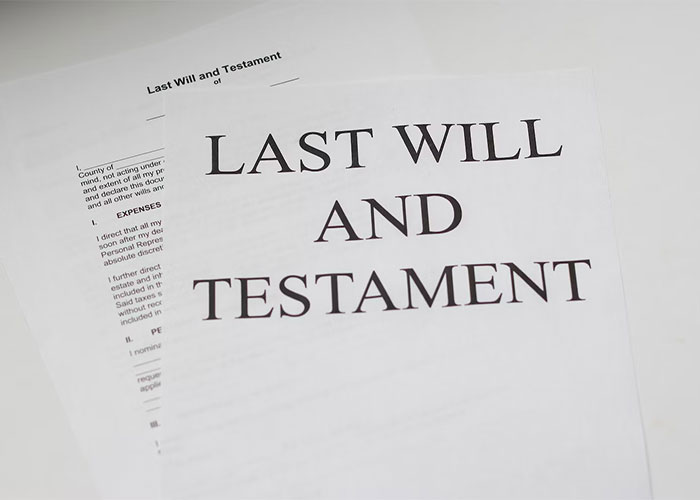


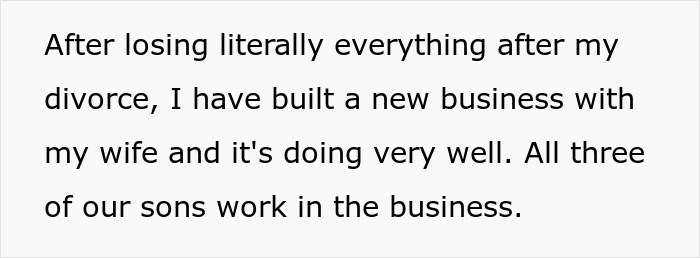


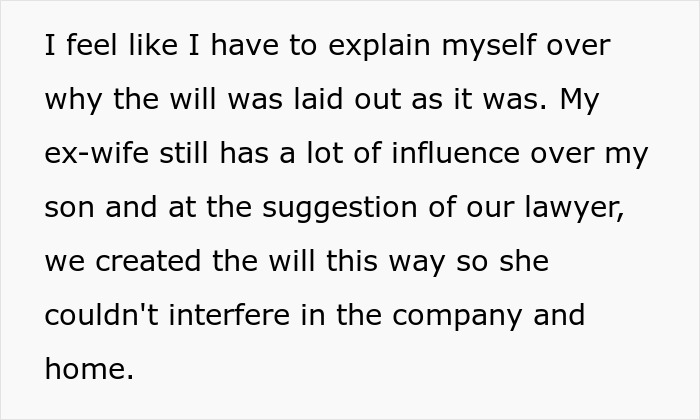

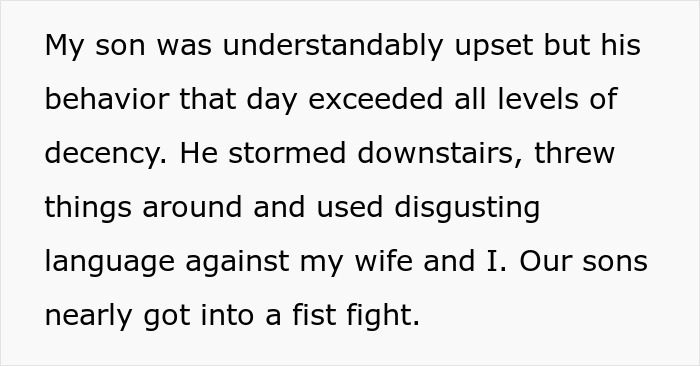
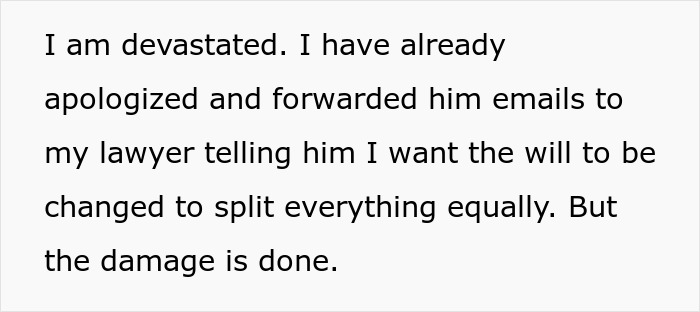


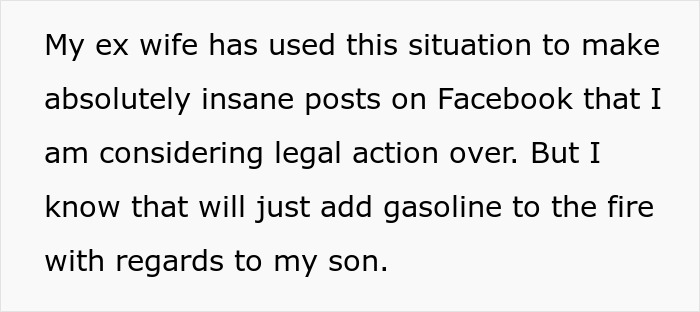
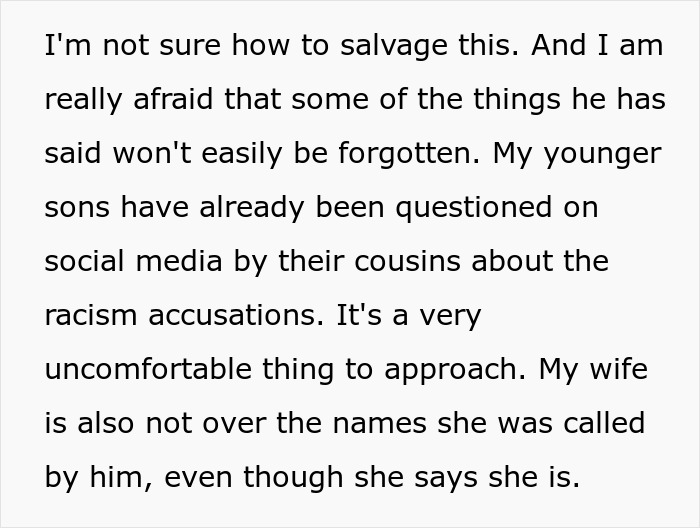
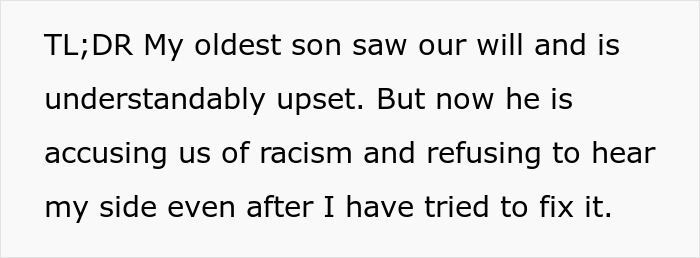


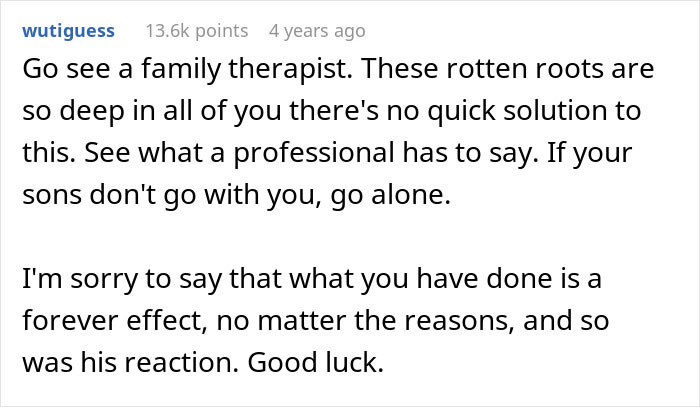
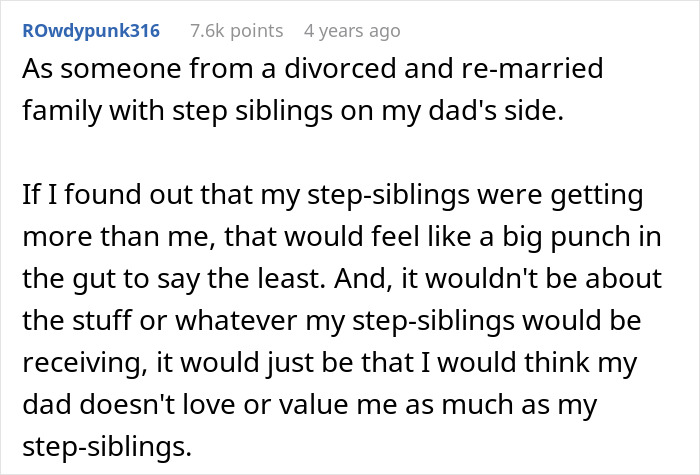
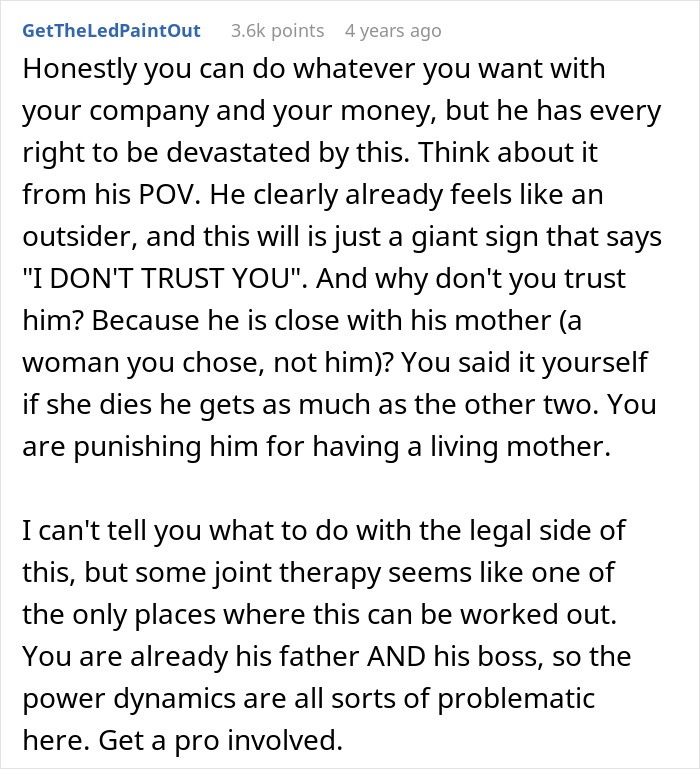
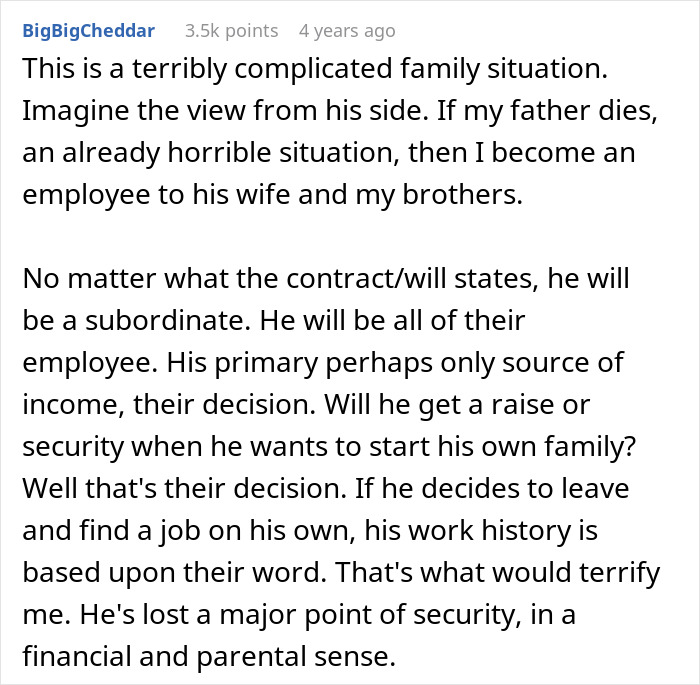




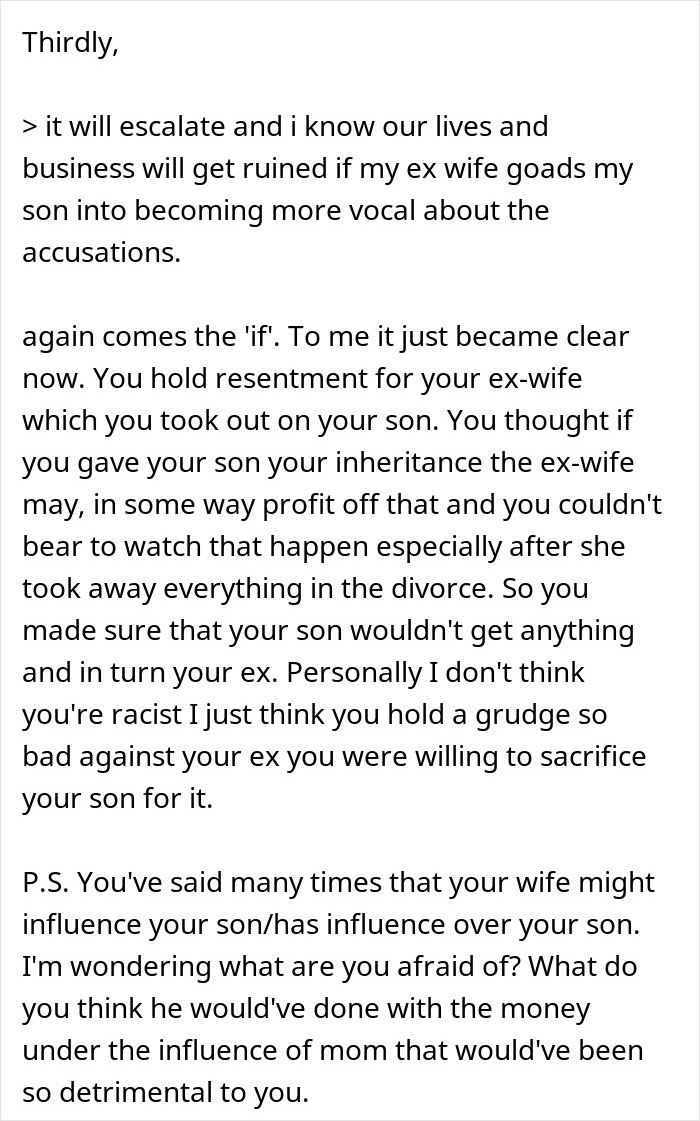

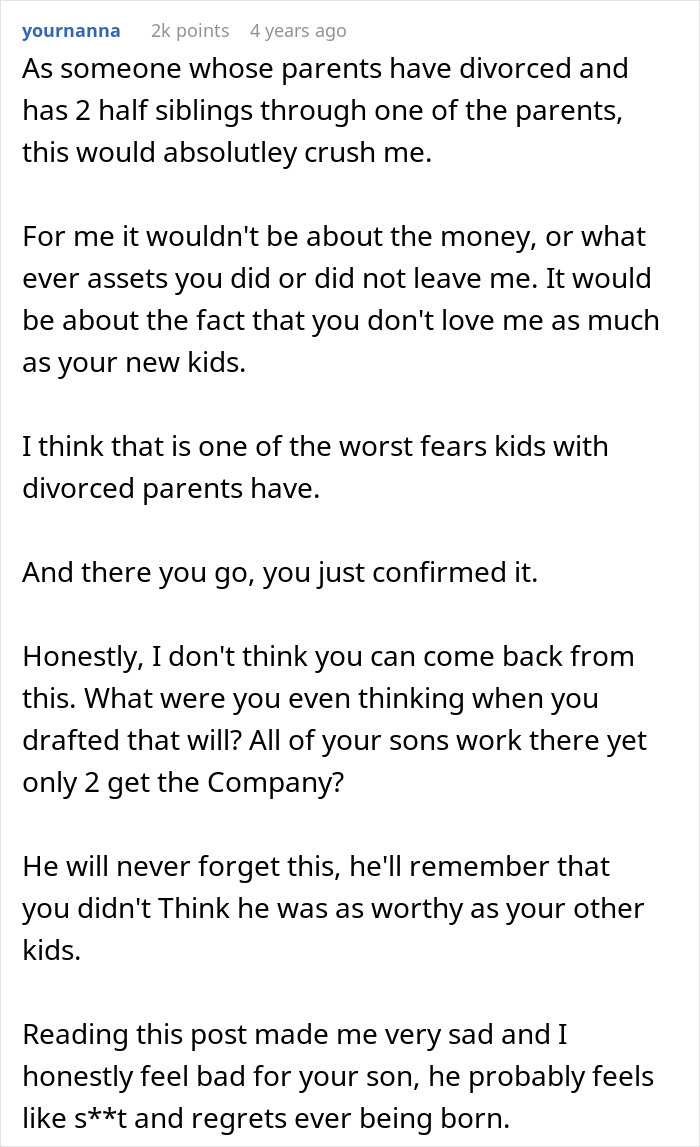
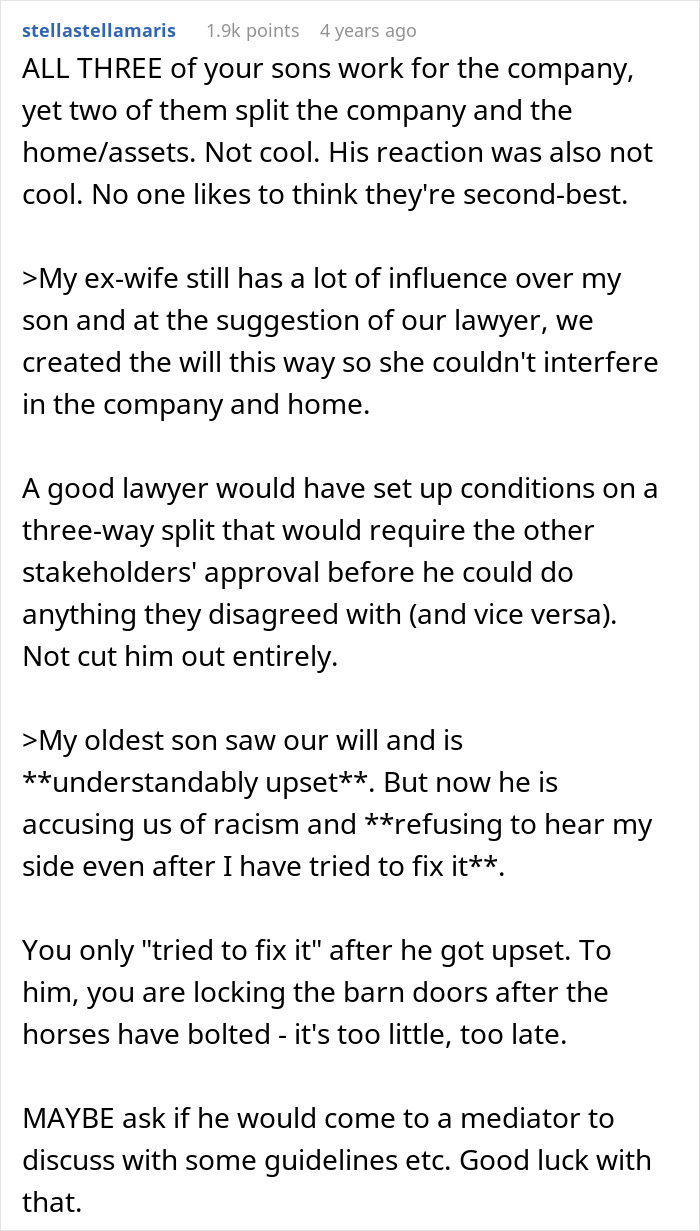
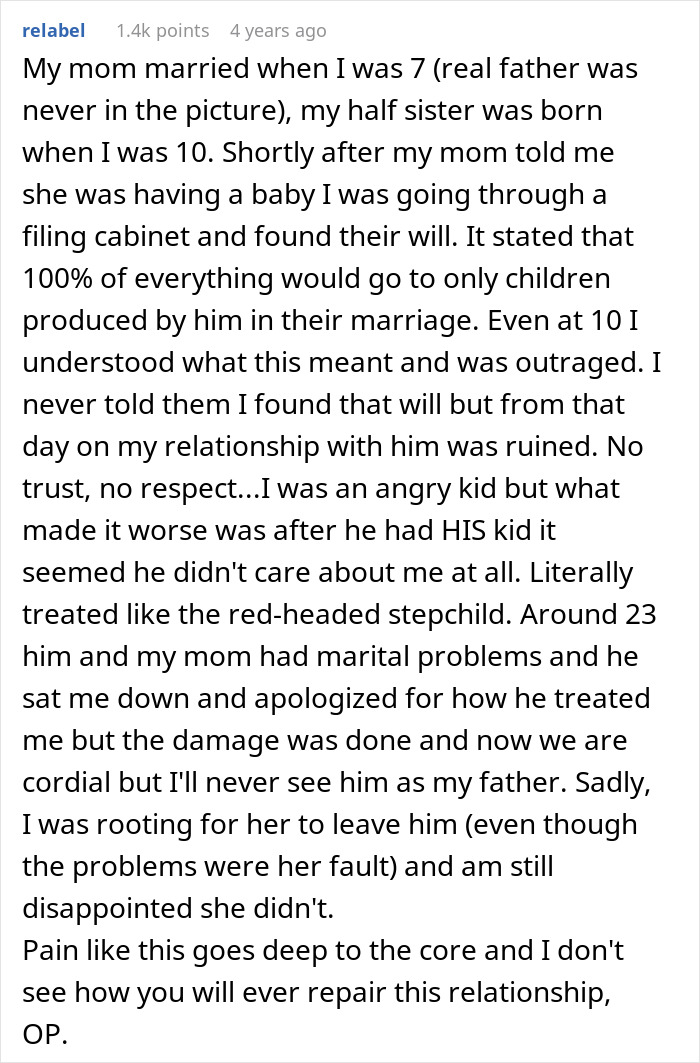










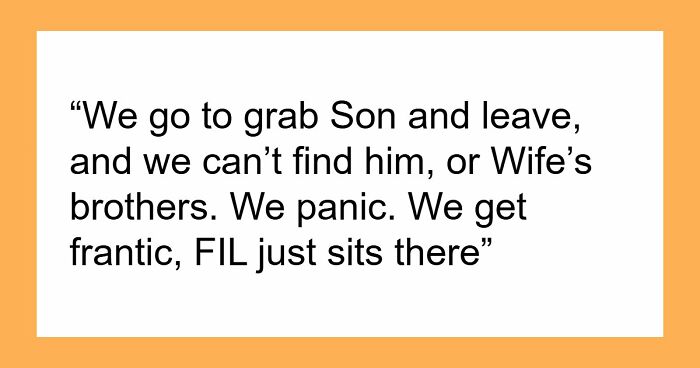
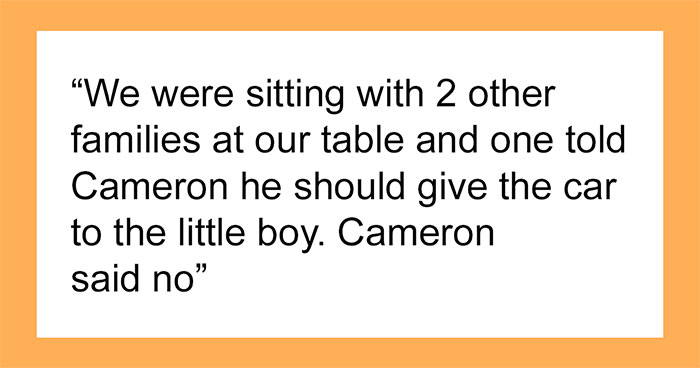
























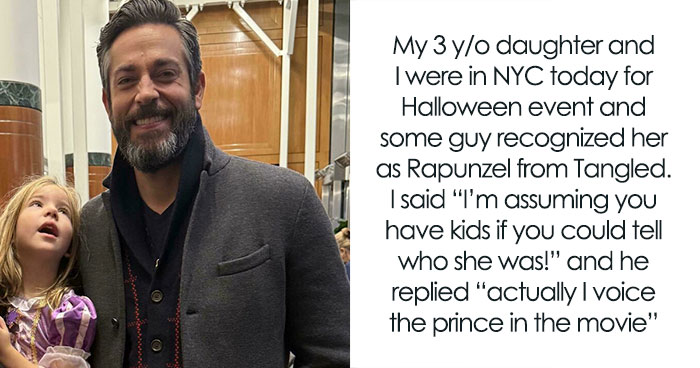


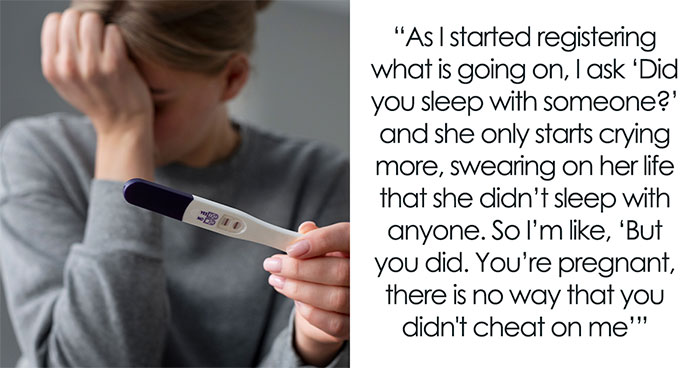



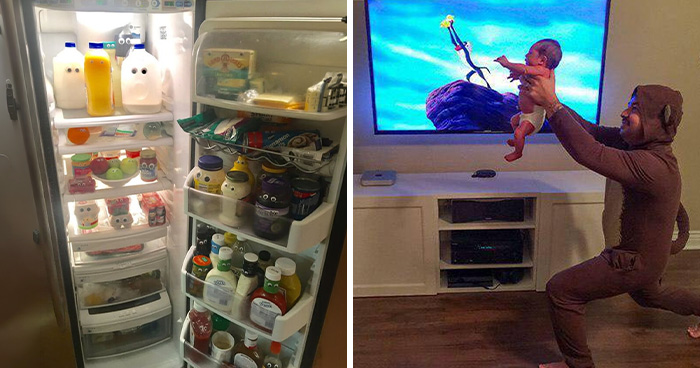
76
33